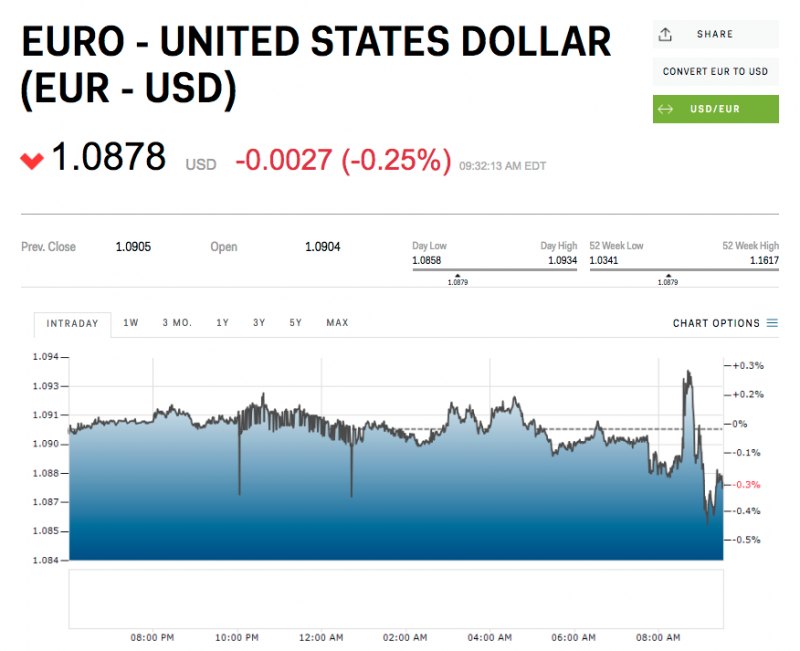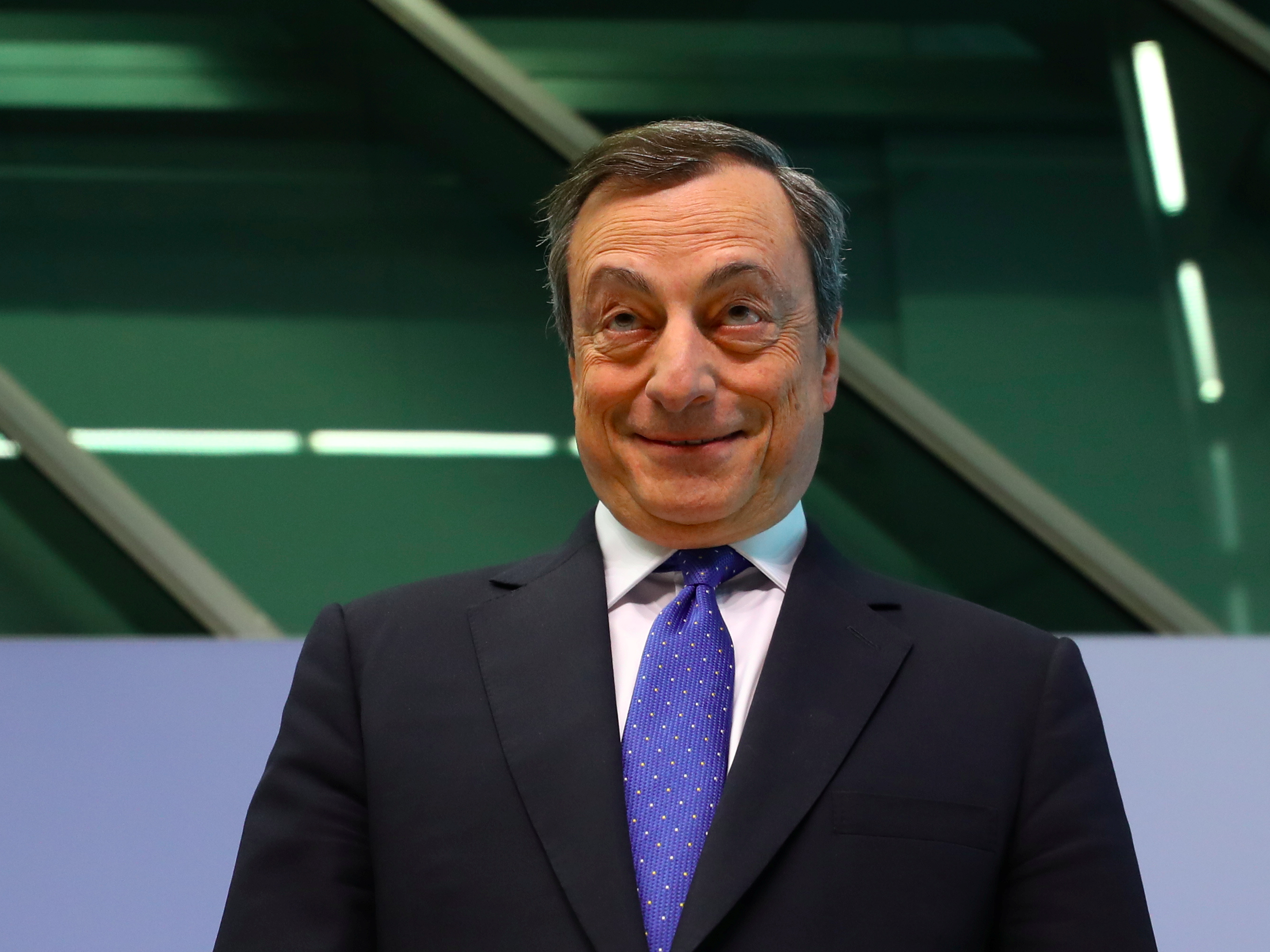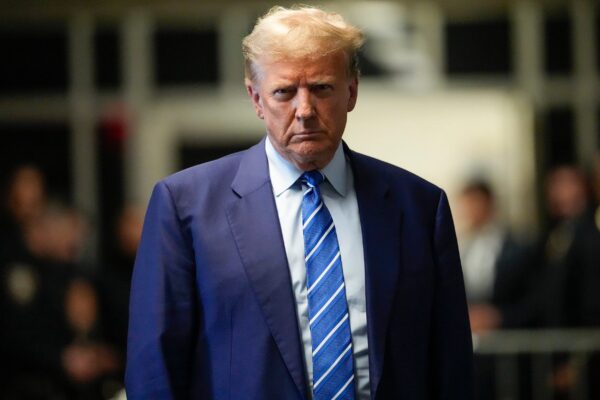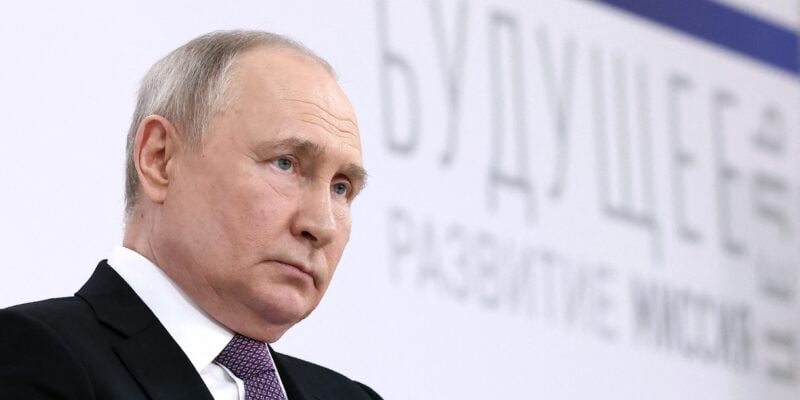The governing council of the European Central Bank (ECB) left monetary policy on hold in April, making no changes to its key interest rates or bond buying programme, with President Mario Draghi saying that the likely victory of Emmanuel Macron in next week’s French presidential election had no impact on its monetary policy decisions.
The ECB maintained a deposit rate of -0.4% for banks, a base interest rate of 0.0%, and a quantitative easing (QE) program of up to €60 billion per month.
“The Governing Council continues to expect the key ECB interest rates to remain at present or lower levels for an extended period of time, and well past the horizon of the net asset purchases,” an ECB statement said.
What did not influence the ECB’s decisions, however, was the French election.
“We don’t do monetary policy based on likely election outcomes,” Draghi told reporters at a press conference in Frankfurt after the decisions were announced.
"We discuss policies not politics," he added later in the conference, while acknowledging that governing council members "internalise the information that comes from the effects that political uncertainty may affect our medium term outlook."
While rates and the extent of QE were always unlikely to change, ECB President Mario Draghi's comments are the thing most watched in the markets on Thursday.
Some had expected Draghi to make at least a little hawkish tilt, after the progress of centre-left candidate Emmanuel Macron to the second round of the French presidential election, but he delivered a dovish opening statement, saying: "Risks surrounding euro area growth outlook, while moving towards more balance, are still tilted to the downside."
"The cyclical recovery of euro area economy is becoming increasingly solid and downside risks have further diminished," Draghi said.
However, while downside risks have diminished, the consistent return of strong but stable inflation remains a concern for the bank.
"Measures of underlying inflation remain low and are expected to rise only gradually over the medium term, supported by our monetary policy measures, the expected continuing economic recovery and the corresponding gradual absorption of slack," he said in his prepared statement.
Draghi also poured cold water on expectations from the market of a hint when the ECB could start exiting its stimulus programmes, saying that the bank's governing council had not discussed it.
The euro popped after Draghi mentioned the "increasingly solid" recovery in the eurozone during his remarks, but fell shortly afterwards after he talked down the prospects of consistently rising inflation, as the chart below illustrates:












